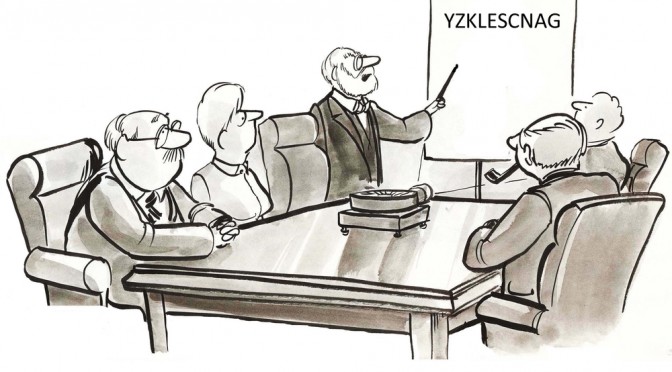Origins of Some Baseball Terms
You don't need to be particularly familiar with all baseball lingo to enjoy the game as either a player or spectator, but it certainly doesn't hurt. Even truer is that it's not necessary to know the origin behind some of the terms found within inside languages of baseball. But who doesn't like to occasionally surprise people with their mastery of obscure trivia?
Texas Leaguer
Deep within the dusty archives of the inside languages section of baseball history is the origin behind the eccentric term given to the common occurrence of a fly ball hit just hard enough land safely between infielders and outfielders. Several origin stories behind the phrase Texas Leaguer can be found, but the one that pops up the most traces things back to an 1886 game in which three former Houston players traded to Toledo kept getting hits off the Syracuse pitcher. That pitcher later described those annoying singles as "little old dinky Texas leaguers."
Bunt
One of the few words to be found within the inside languages of baseball that is almost unheard in reference to its baseball meaning outside the game is bunt. A bunt is when the batter squares himself in the box and grasps the bat in both hands in a manner that allows him to gently tap the ball when it arrives. Or, to put it another way, to butt the bat at the arriving ball. It is one of those very fortunate twists of dialect that today the act of gently tapping the ball instead of swinging away at it is not known as a butt, but a bunt.
Charley Horse
Charley Horse is the opposite example of bunt to the point that most people probably don't even know its baseball language origin. Specifics of this peculiar example from the inside languages of baseball that took on a much broader life outside baseball are hard to come by, but most references trace the term Charley Horse back to the 1880s to describe the malady typically occurring as a result of chasing down a ball or sliding into a base. The stilted gait caused by the painful muscular contraction is said to have resembled either an older player named Charley who walked with a limp or a horse named Charley who walked with a limp or possibly both Whatever the case, Charley Horse seems most definitely to have originated as a baseball term.
Bullpen
Depending upon your perspective, the idiosyncrasies associated with the inside languages of baseball is either maddening or entertaining. Your take on the issue will determine how you feel about the origin of the baseball term for where relief pitchers sit and wait to be told to warm up. Numerous theories have been pitched concerning the origin of the bullpen. The word bullpen had been used since at least the early 1800s to describe strongly constructed enclosures for actual bulls as well as bull-like human prisoners. The strongest support leans toward the theory that the baseball term derived from the ubiquitous presence of the colorful bull on Bull Durham tobacco signs at baseball stadiums everywhere. These advertisements were often the largest in the stadium and the expanse of shaded they offered from the sun the area around them particularly enticing for relief pitchers when called upon to warm up.
Bean Ball
On some occasions, terms that wind up nestled among the inside languages of baseball are the simply the result of incorporation of existing words already at play in the inside languages of slang outside the diamond. The word bean as a noun had long been used as a synonym for the head while also meaning to hit someone on the head when used as a verb. It's easy to see how an errant or maliciously directed throw from a pitcher that hits a batter on the head quickly came to be known as a bean ball.
Rhubarb
Unfortunately, some words that once were stars within the inside languages of baseball fall out of fashion. One of the tragic examples of this is the word rhubarb which used to be a standard baseball term for a quickly flaring argument between players or with the umpire. Conventional wisdom has it that this particularly colorful bit of jargon heard on the diamond derived from the fact that actors appearing in mob scenes were directed to repeat the word over and over to accurately create the white noise produced by large crowds of people. Rhubarb is simply too wonderfully whimsical a word to allow to sink to the archaic section of the dictionary of the inside languages of baseball.

